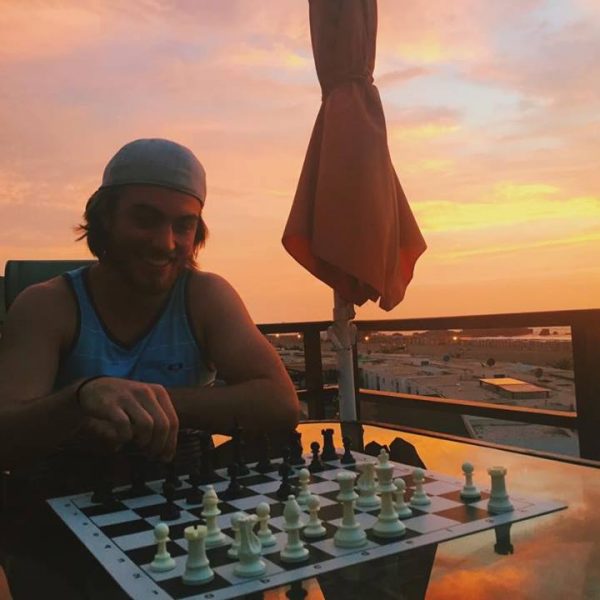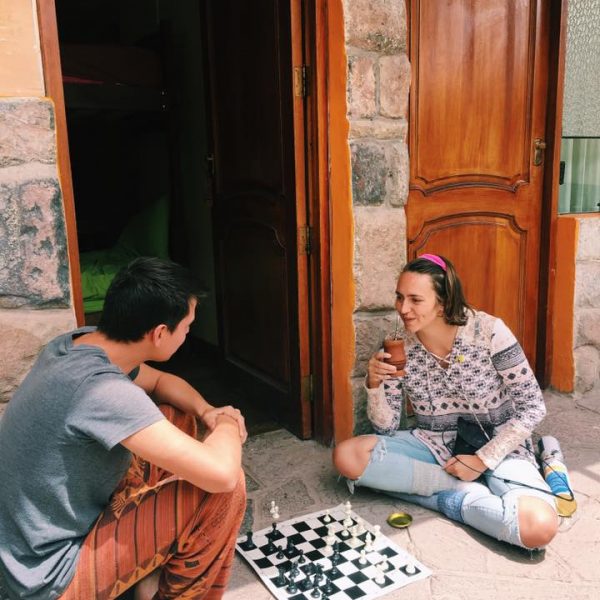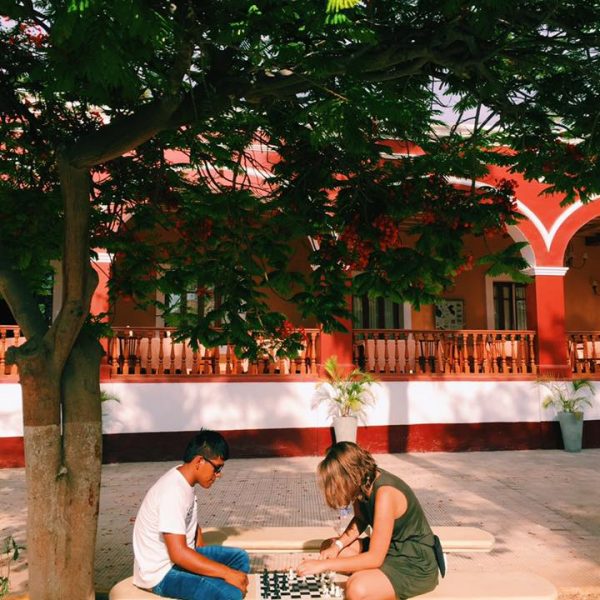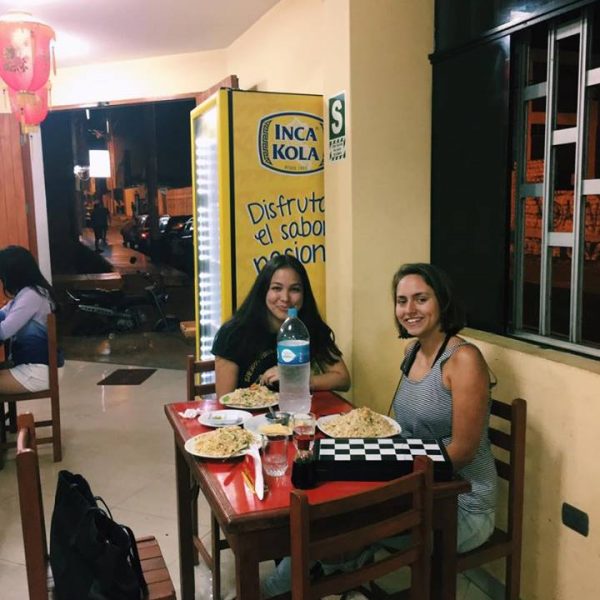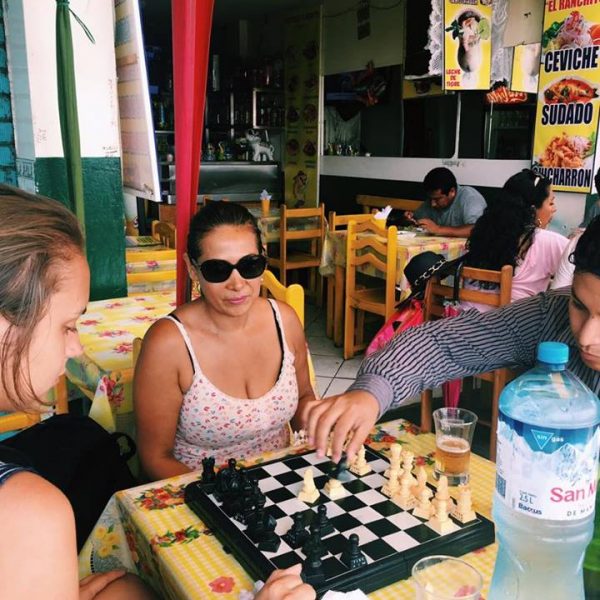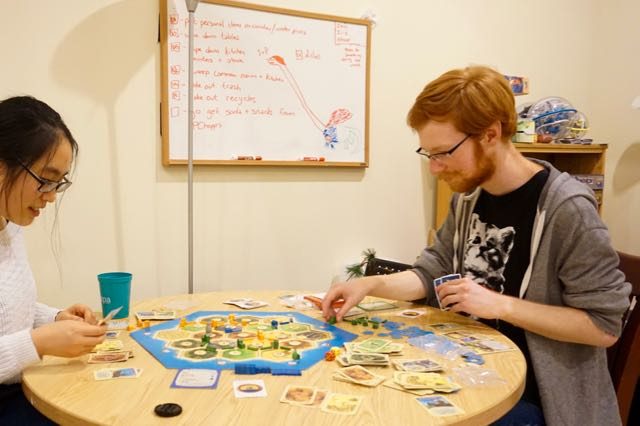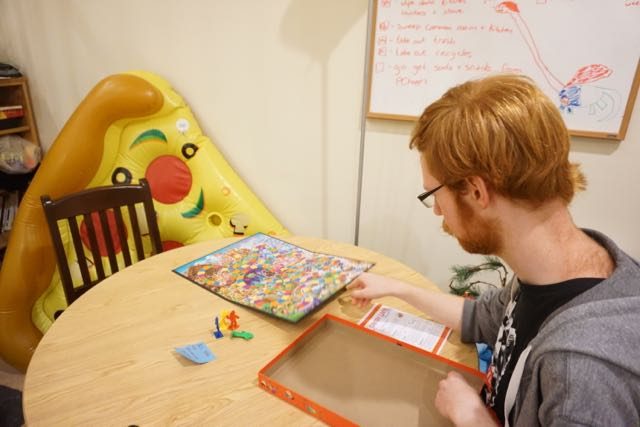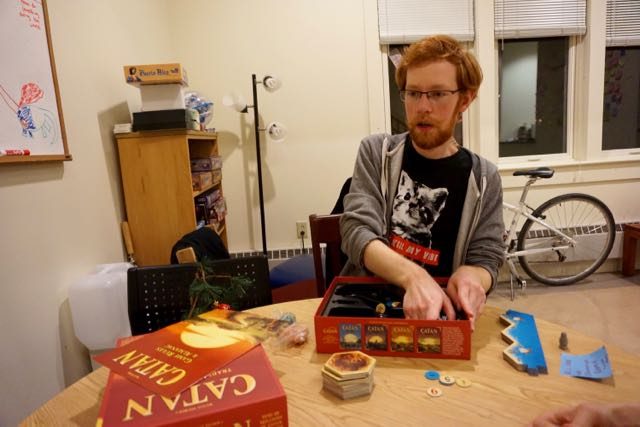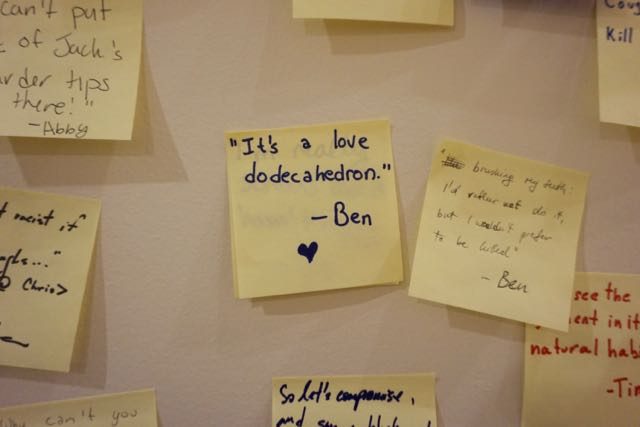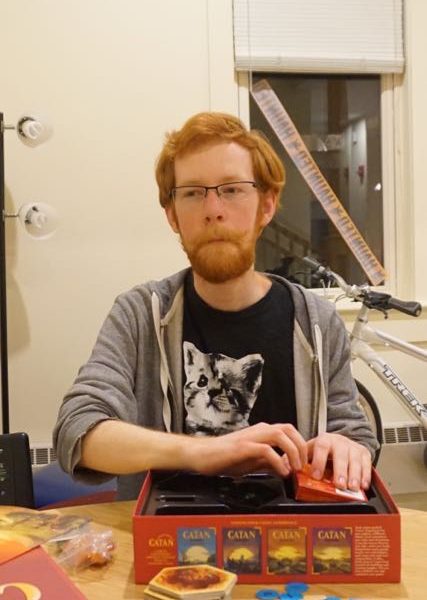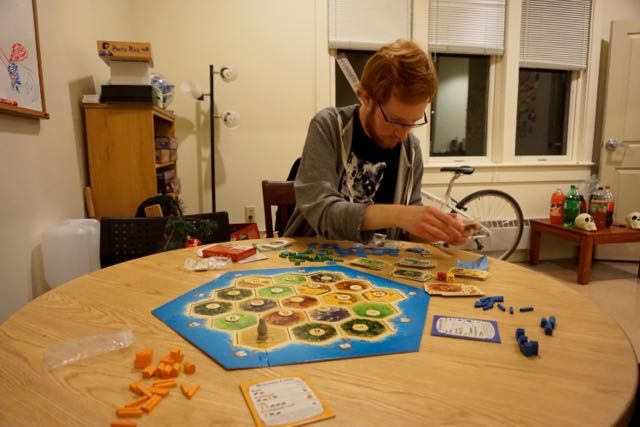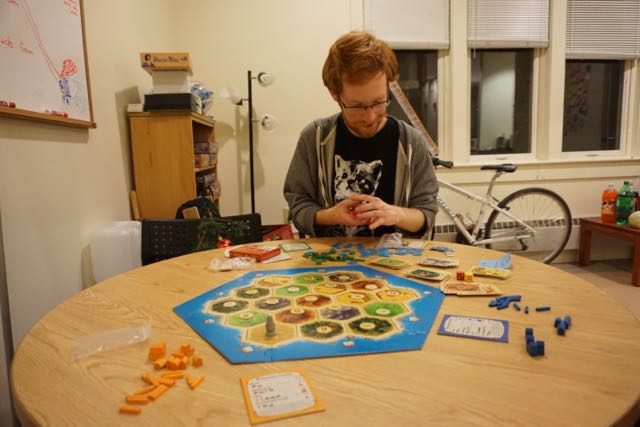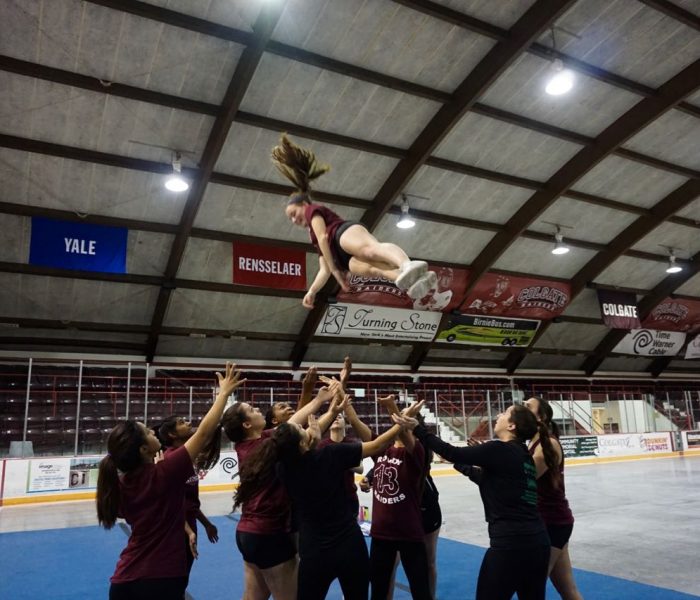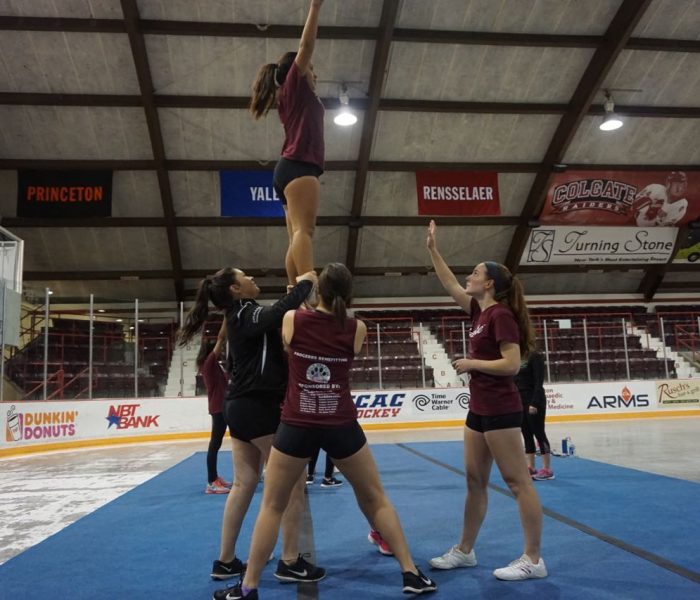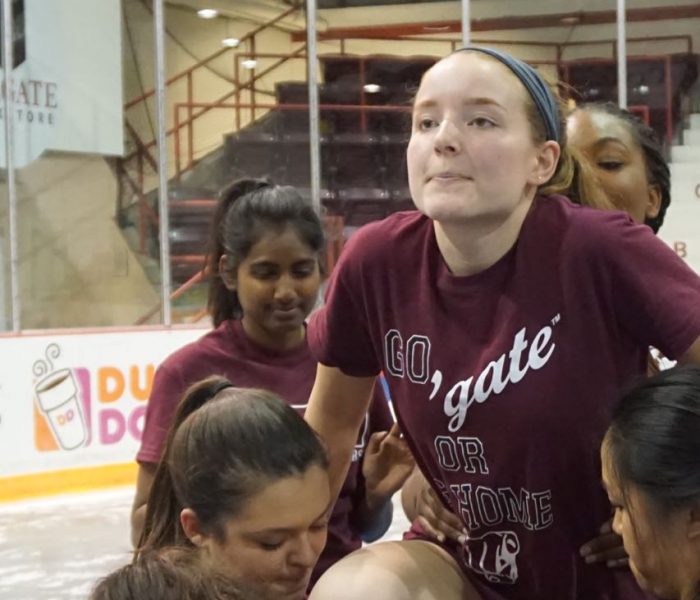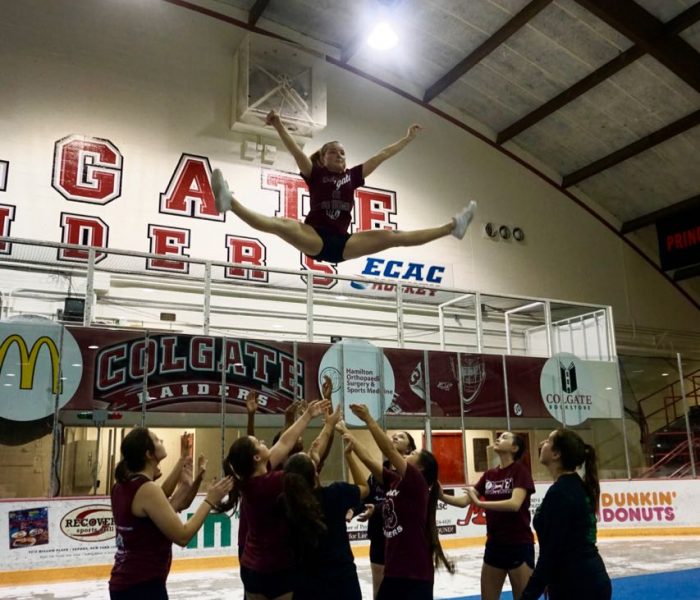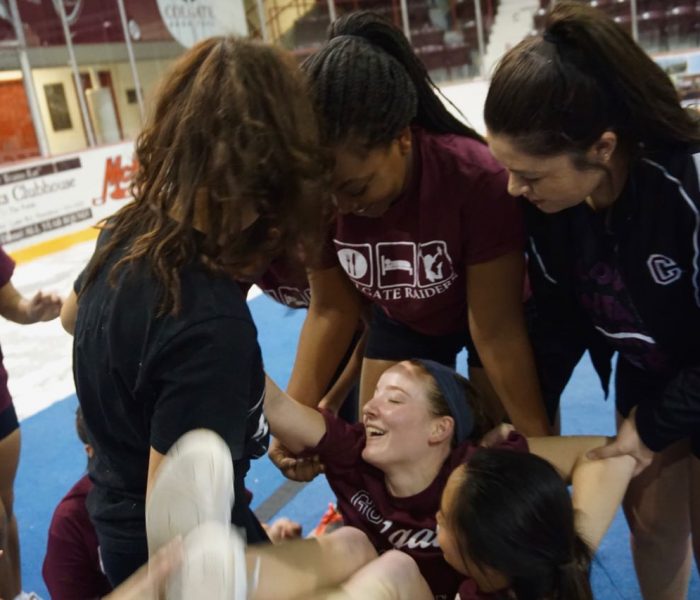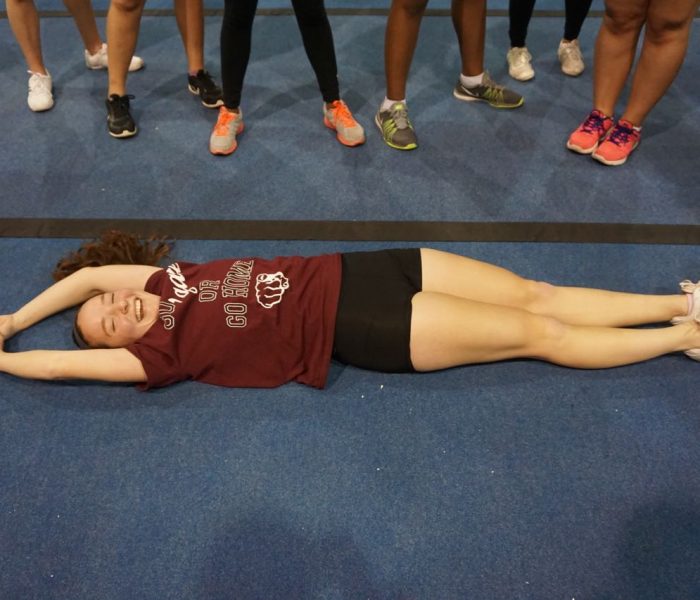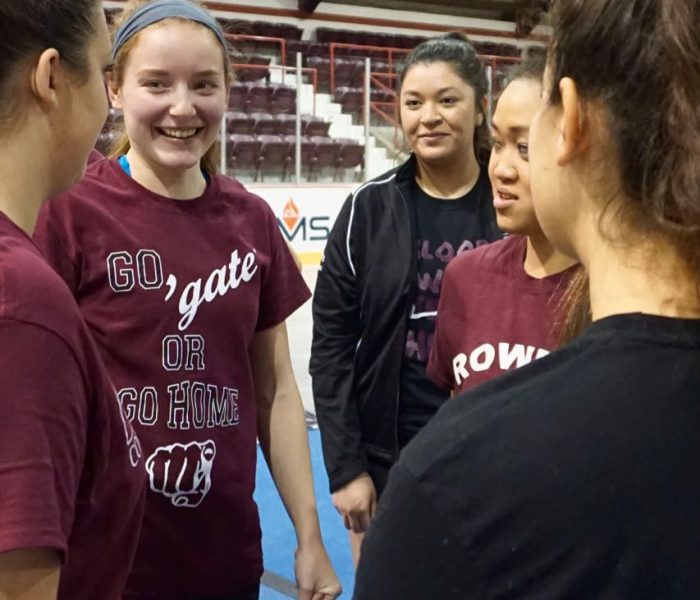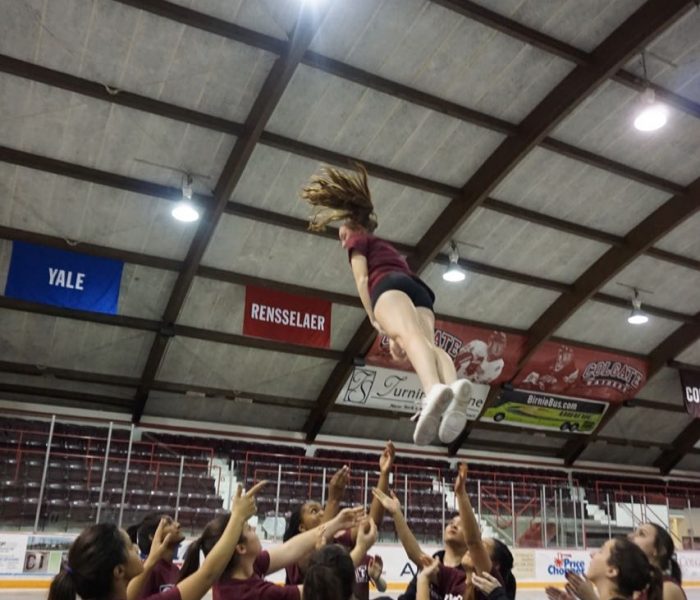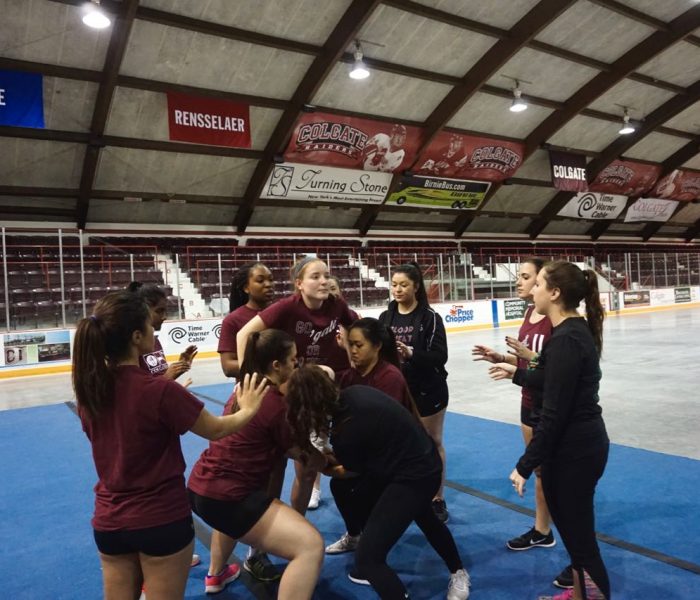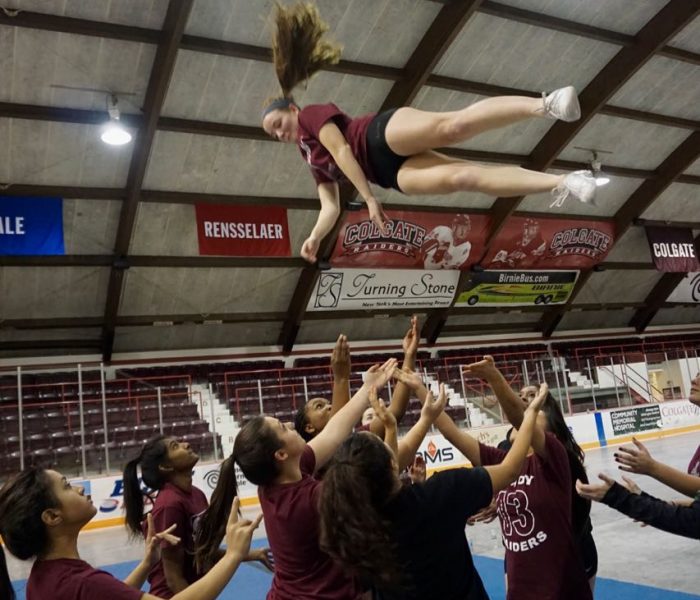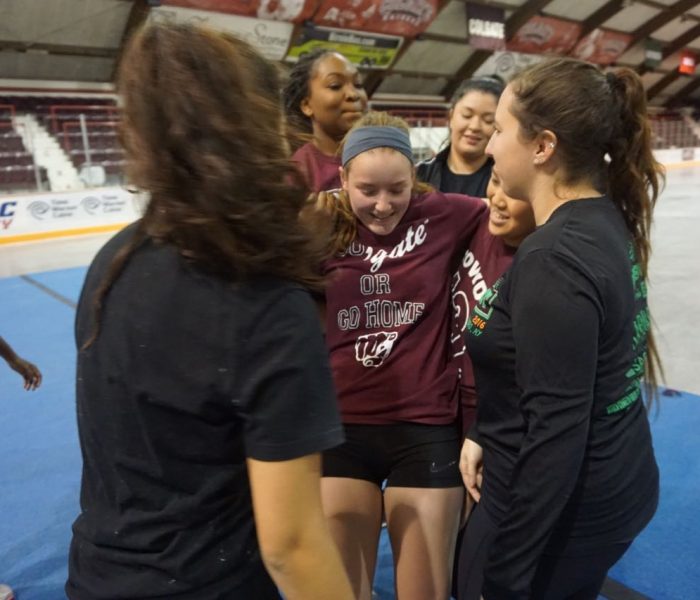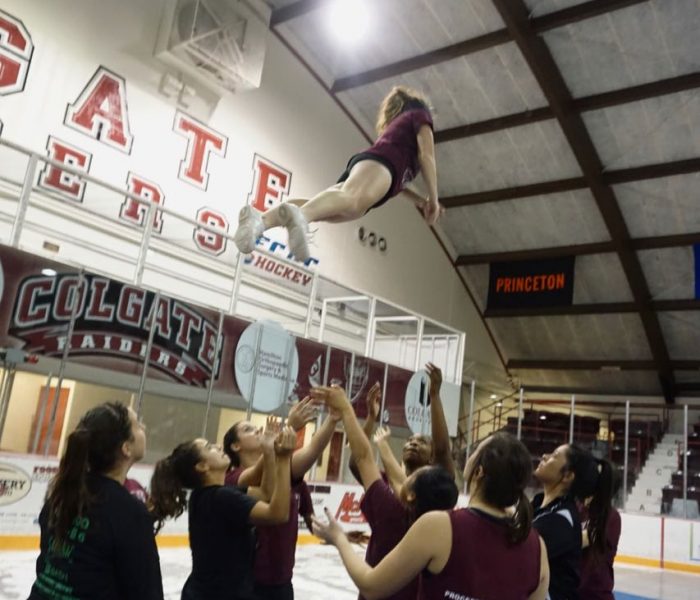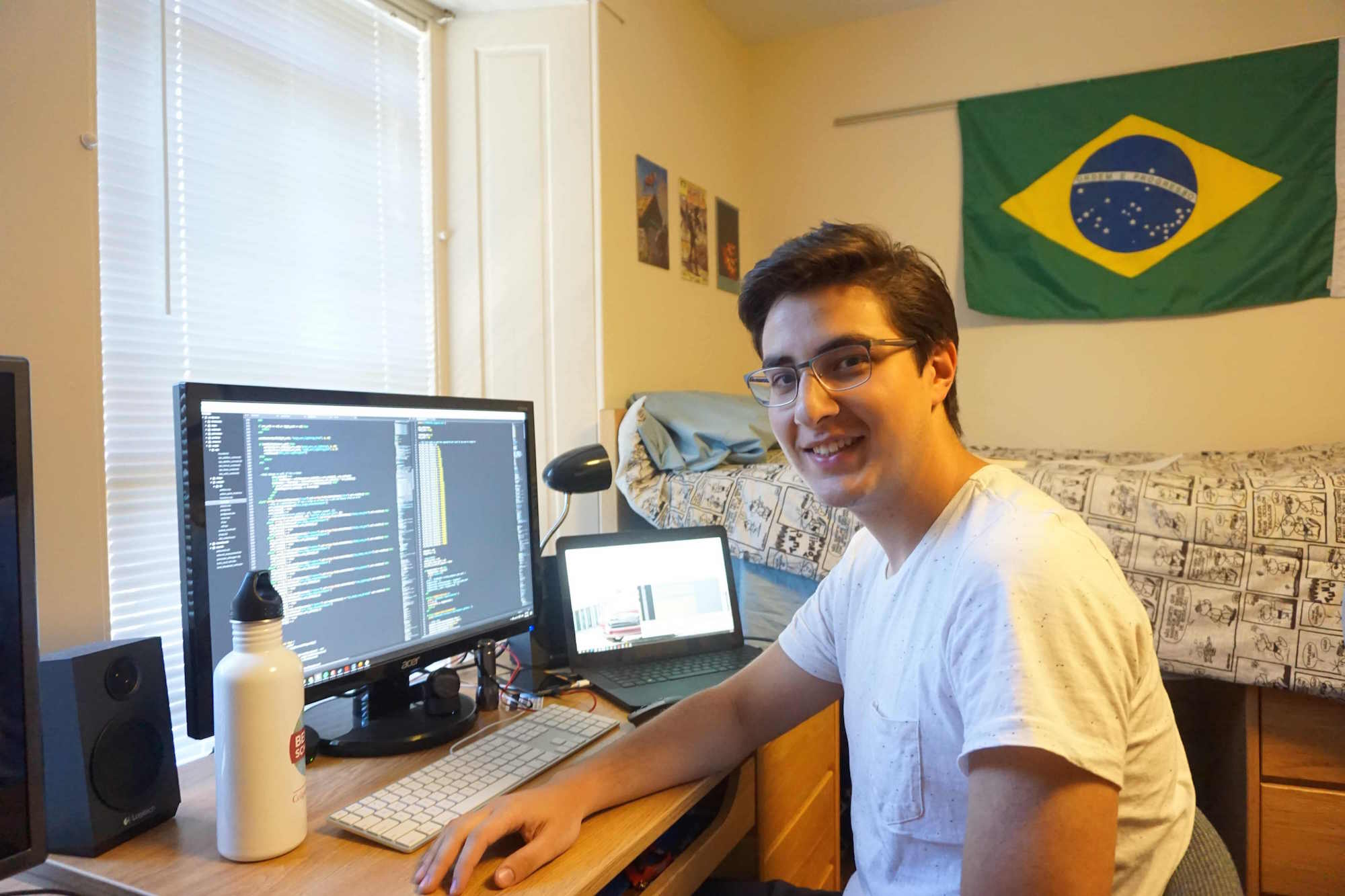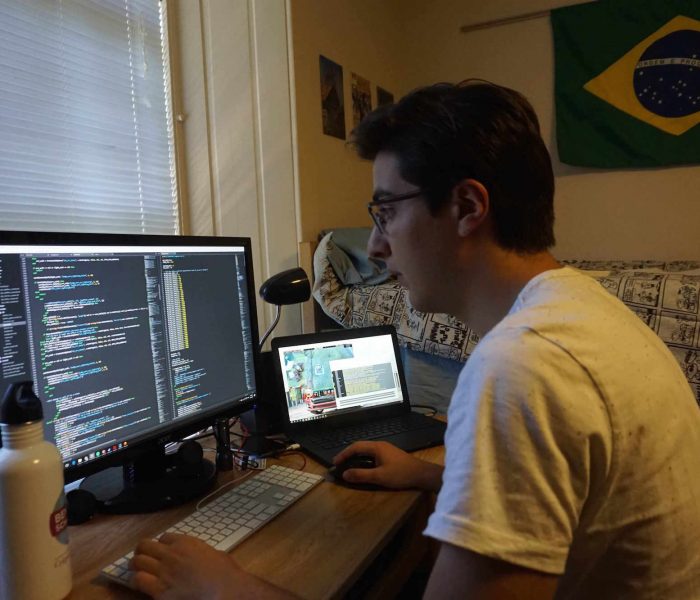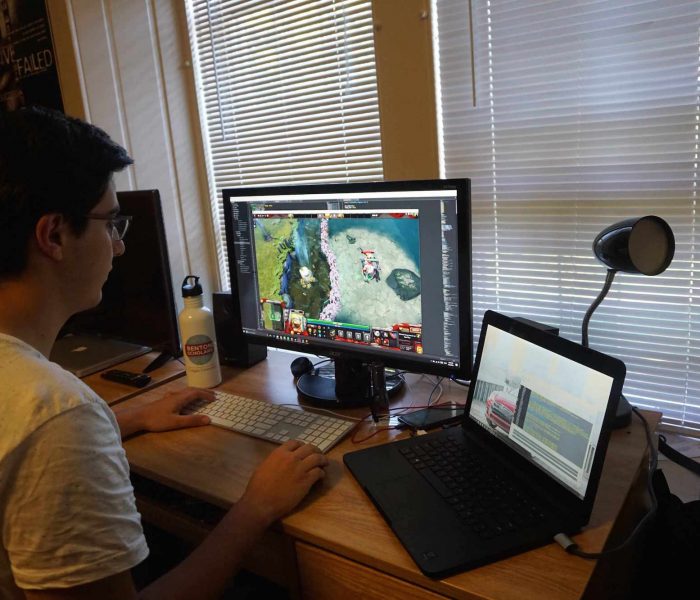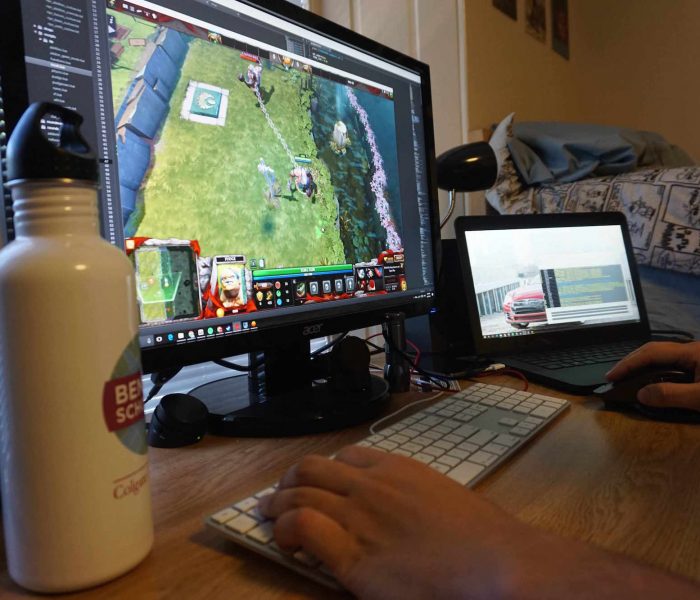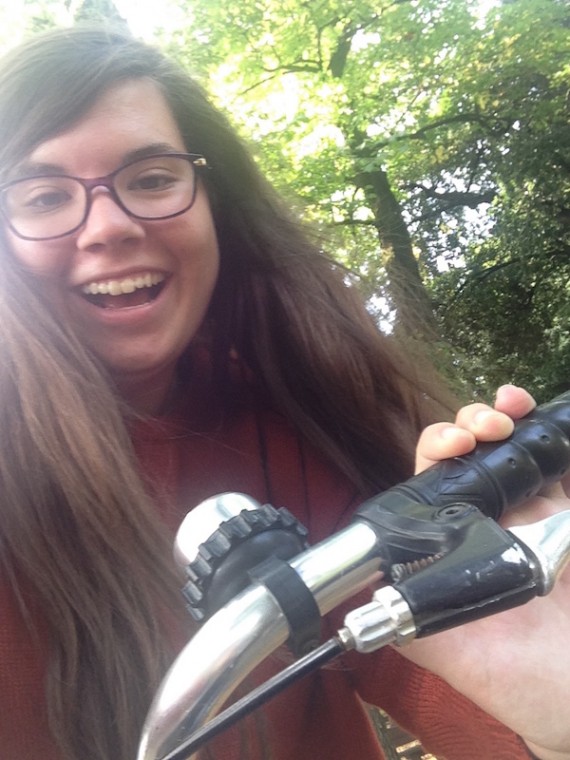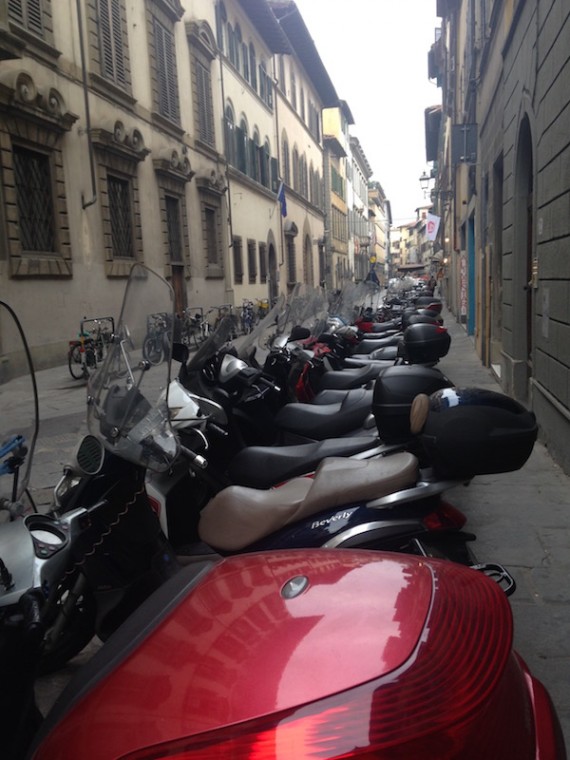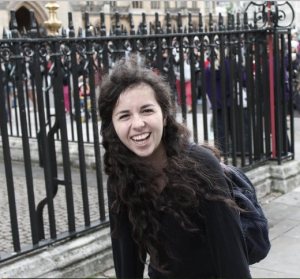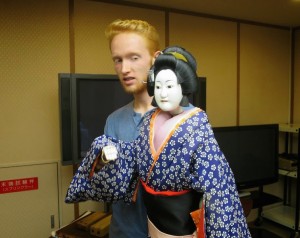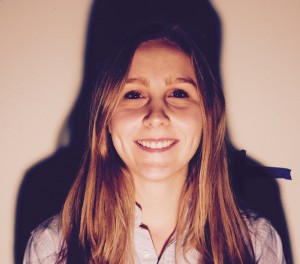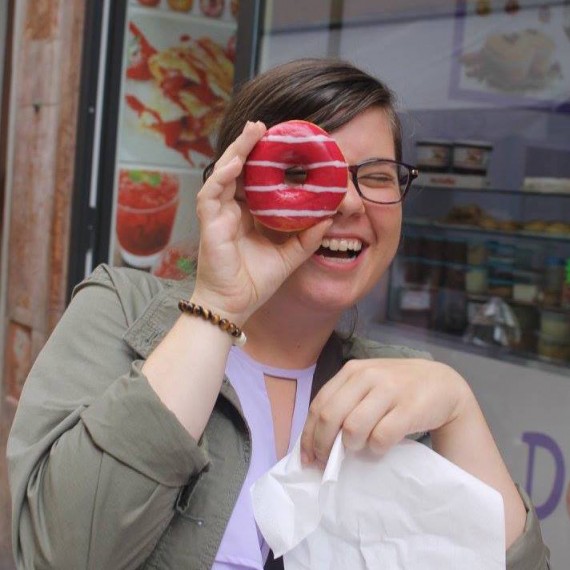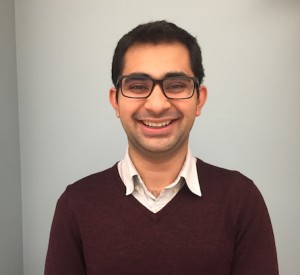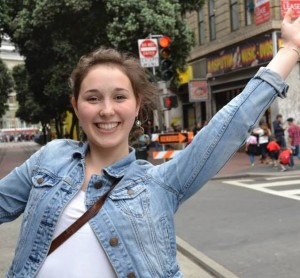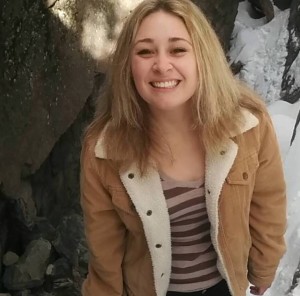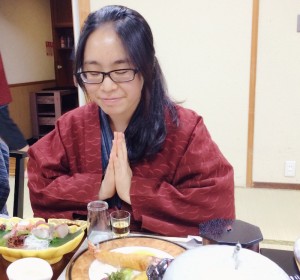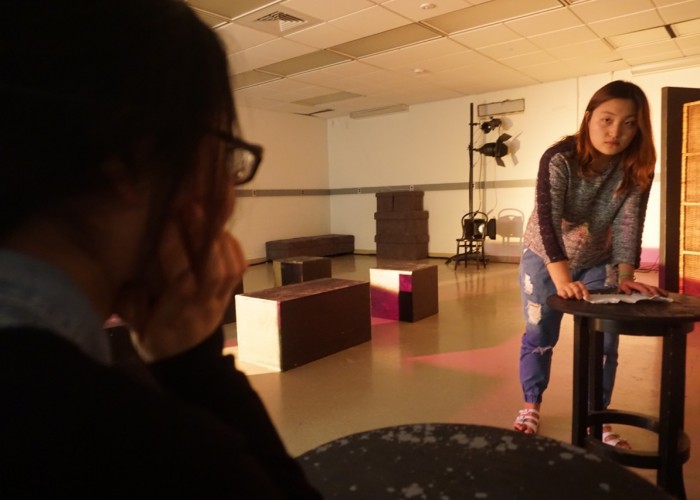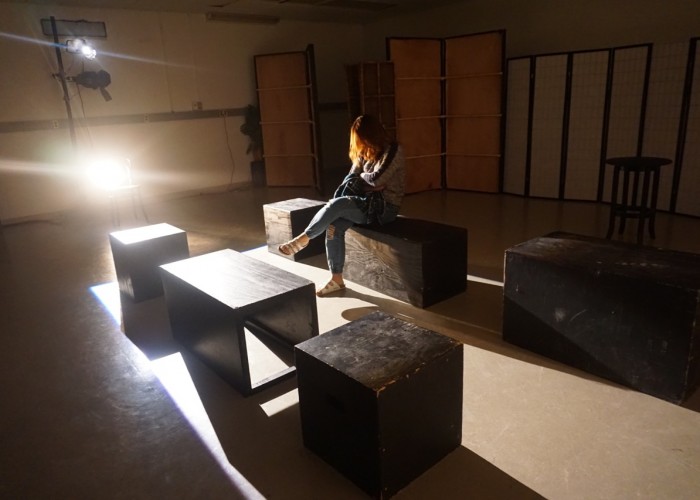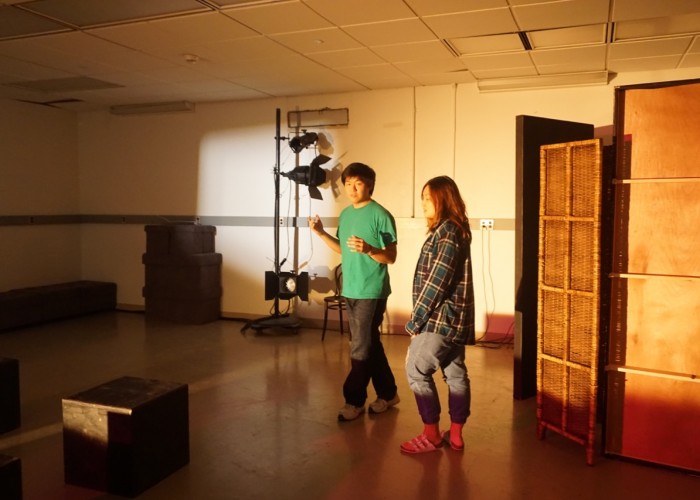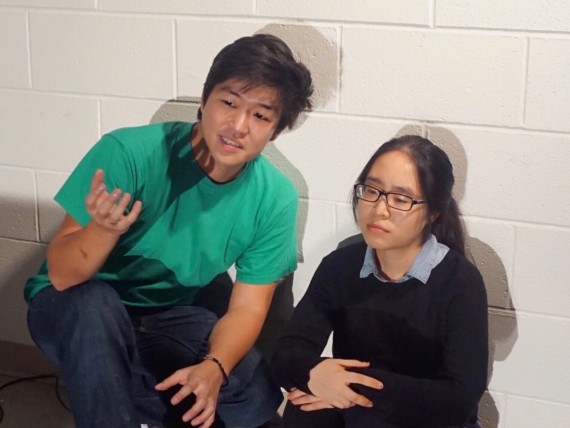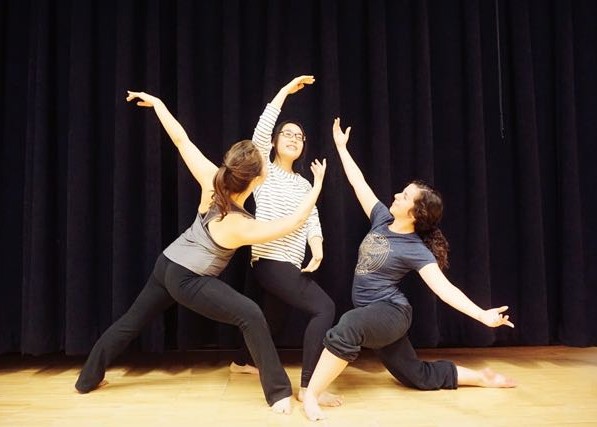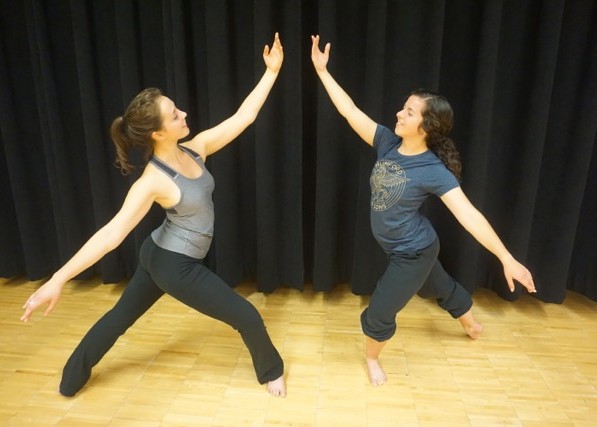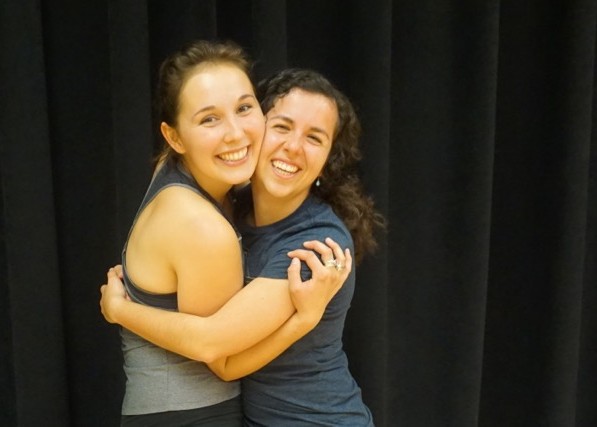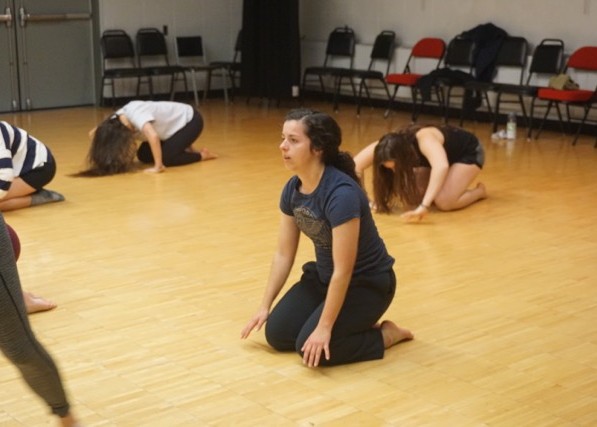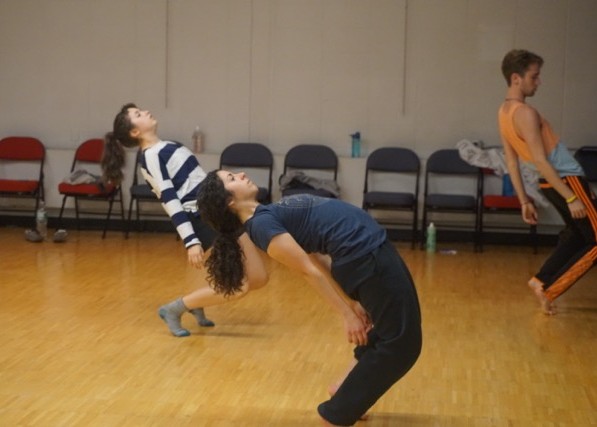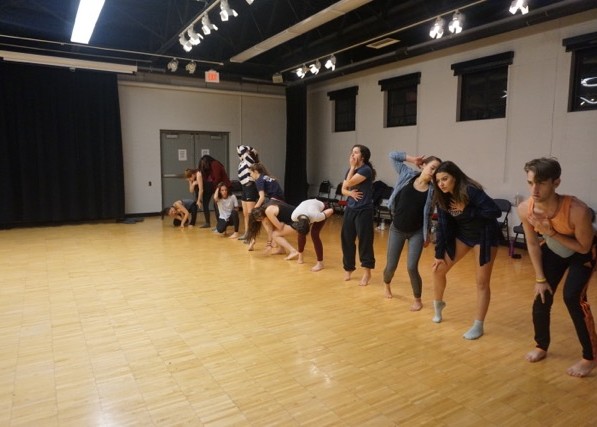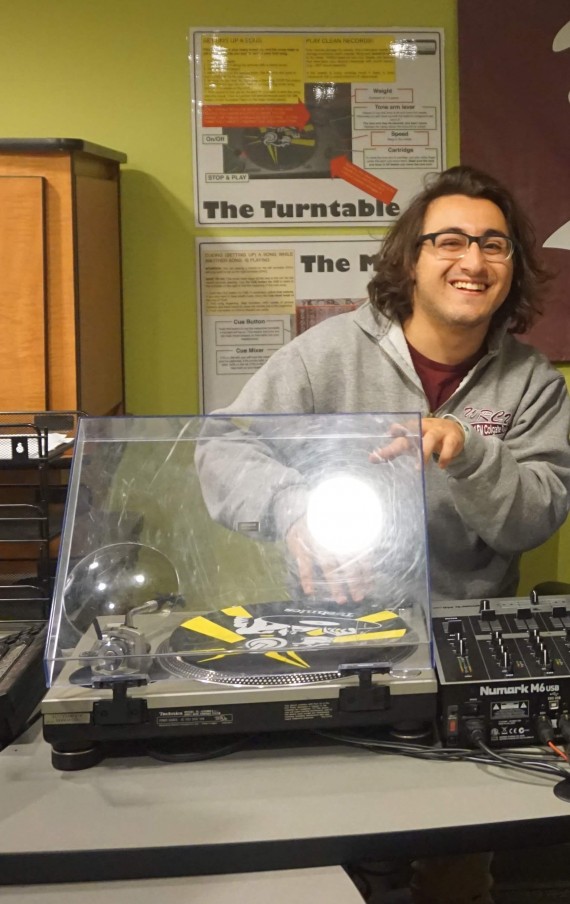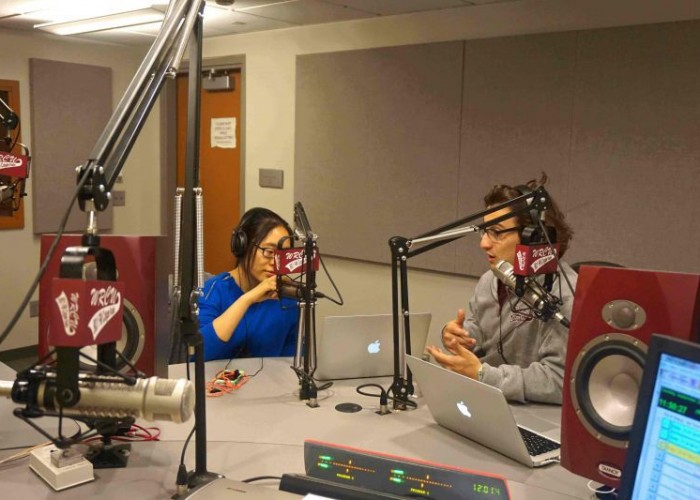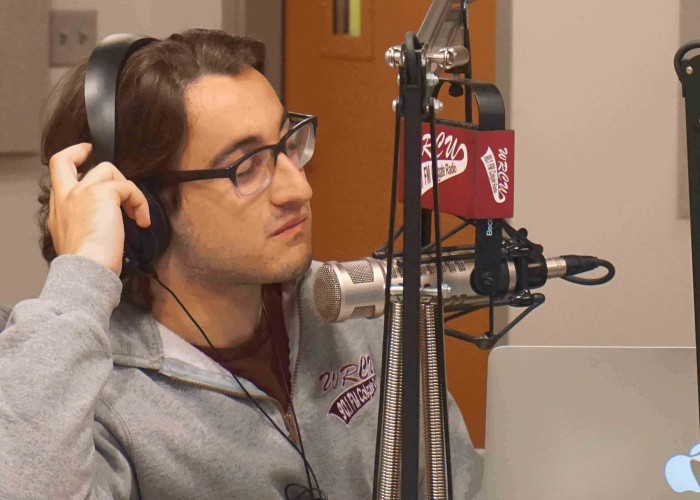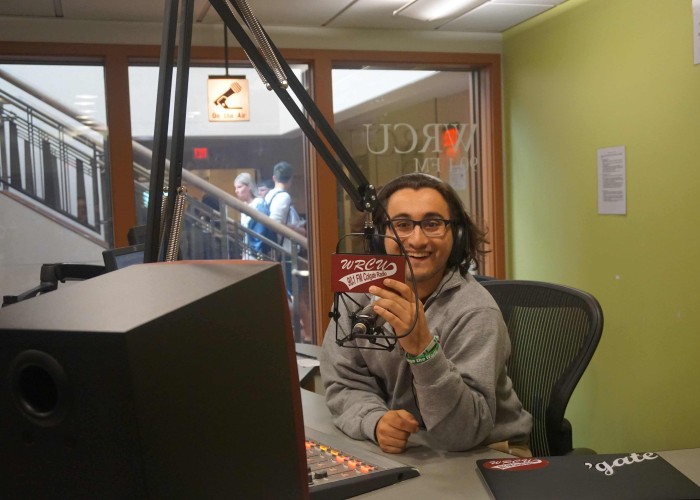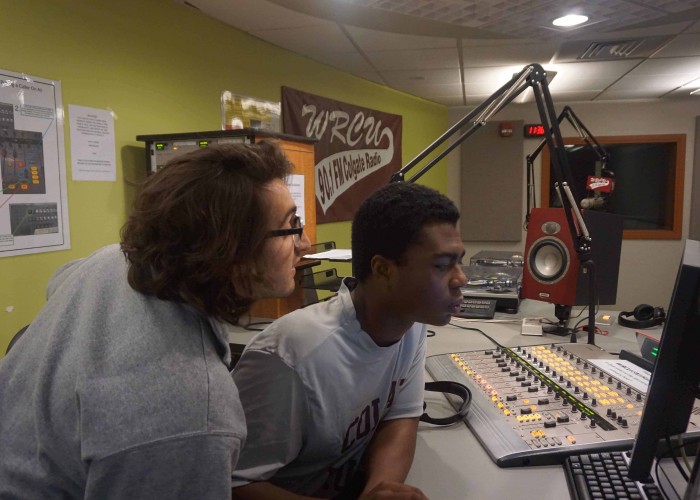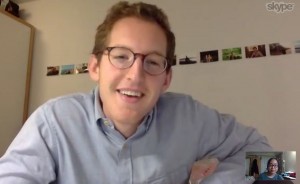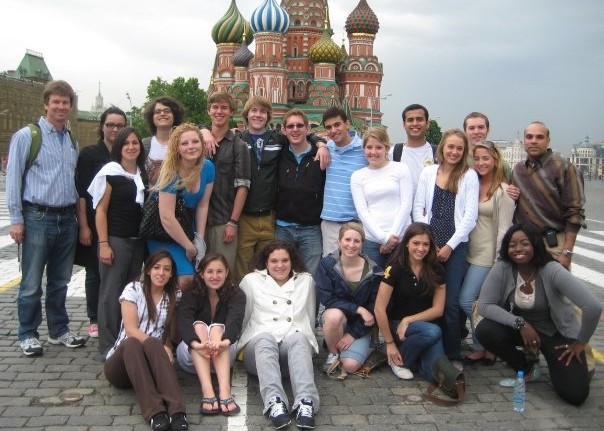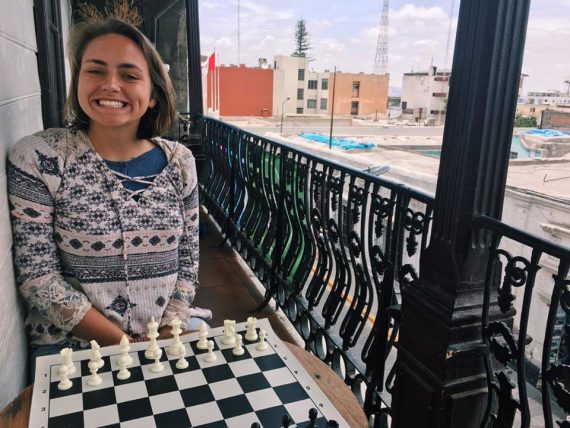 Benton Scholar Jenny Lundt ’19 knows chess. She’s also an experienced traveler. So, during the winter of 2017, she combined her interests into a Benton Mini-Grant project. Her proposal took her to South America, where she “backpacked through Peru with a chess board.” Chess, she discovered, isn’t just a game. It’s a way of bringing people together, facilitating communication across cultural and linguistic barriers. What follows is Jenny’s reflection.
Benton Scholar Jenny Lundt ’19 knows chess. She’s also an experienced traveler. So, during the winter of 2017, she combined her interests into a Benton Mini-Grant project. Her proposal took her to South America, where she “backpacked through Peru with a chess board.” Chess, she discovered, isn’t just a game. It’s a way of bringing people together, facilitating communication across cultural and linguistic barriers. What follows is Jenny’s reflection.
I started like I had done a thousand times before.
The usual things. Clothes, shoes, shampoo, trail mix, portable charger: all find a niche in my backpack after a plethora of experience being hauled around the world. But this time was different. This time, I would be traveling with a chess board.
Throughout the course of my world travels, I have found that chess is global. No matter your race, gender, age, or ability, chess is played. For instance, during a visit to Ukraine last summer, I joined a tournament of old men, simply by motioning. This made me realize how a game about war is also connected to peace.
As a Peace and Conflict major at Colgate, this really interested me and made me want to learn more. So, I applied for a Benton Scholars “Mini Grant” and made chess the purpose of a trip. For three weeks during the winter of 2017, I backpacked through Peru with a chess board, setting it up wherever I was and waiting for an opponent. There was no clear plan, other than to wait and see if anyone wanted to play.
The experience was everything and more I could have hoped for. A few highlights:
- A game with an English teacher on the beach of Chancay over ceviche and cold chelas. As we played, he told me how desperately he wants to visit the US some day to live “the American dream.”
- A game with a Peruvian driver with a knack for jokes who told me my Spanish was some of the best he’s heard in a while (still unsure if that was a joke?).
- A game with my friend Luke, a true “third culture kid” whose father grew up in Mozambique, his mother in Ireland, and he in Peru. We sat as the sun went down over the beach in southern Lima and laughed about the wonders of our life for giving us this moment.
- A two hour game with the father of my friend, played on the balcony of his roof. We hadn’t been able to connect before that moment, but those drawn-out seconds in the open, humid air made us steal small, knowing smiles at each other for the rest of our stay. There was a deep mutual respect for each other after that. We had battled our intelligences out in a grueling match.
- A game with Antwon, a Frenchman in my hostel room, who was coincidentally traveling with another Frenchman named Antoine. We played on the ground and sipped mate and laughed.
- When I got horrible altitude sickness in Cusco and was bedridden for 24 hours. The Peruvian man working at the hostel came to check on me, bearing a gift of coca leaves. He looked around for something near me to rest them on, as I was too weak to move so he used my chessboard as a table, resting the leaves delicately on top. He joked, “Wow, chess is giving you life right now.” I was too ill to even explain the irony of his statement.
- During a long bus ride through the country, I listened to an audio book to occupy the time. A main plot line was the progression of how a father and his son would play chess together to bring them closer together.
- Traveling through in the darkness in the midst of the tallest mountain range in Peru, on an overnight bus, I was trying a little too hard to stretch out my legs and accidentally kicked the top off the chess game, spilling all 32 pieces all over the sticky bus floor. All of the little children scrambled around me trying to literally pick-up the pieces of the game. Their smiles and shrieks made the 12 hour journey so much easier as any nervousness I had about being on windy roads in the mountains that much easier.
- Waiting for my flight down to Lima from Cusco (my altitude sickness got too severe) with a Danish couple playing their handcrafted chess board, with pieces representing different figures of Incan history and glory. I picked up the king, probably Atahualpa, and admired the intricate carvings and paintings of him dripping in gold.
- When the flight attendant at the end of my trip confiscated the board because she thought it was a bottle of pisco, Peruvian brandy, then refused to give it back. It was forever lost to Copa Airlines.
- Spending 5 nights on busses, my chess board and I experienced a lot. Aman sitting next to me on a bus peed in a Coke bottle. I threw up on myself because I was so ill. Oceans, lagoons, deserts, lakes, mountains, volcanoes, villages, metropolises, ruins. The game board was awkward and inconvenient to carry, but it became an additional limb, as I had to figure out how to schlep the tube around.
I confirmed my theory and came away with experiences that I would never have predicted. Whether it was physically playing the game or the physical proximity that the occurrences lead me to, I can say with complete certainty that this adventure brought me to people and stories I wouldn’t have had otherwise had.


